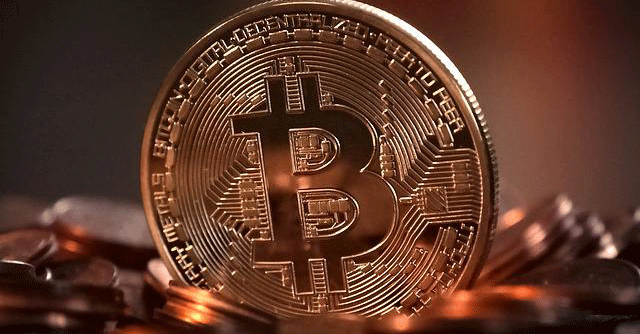
IAMAI to ‘cease to represent’ crypto exchanges in India


The Internet and Mobile Association of India (IAMAI), the industry body for the digital services industry, has decided to dissolve the Blockchain and Crypto Assets Council (BACC) from next month. In a statement, the IAMAI said that the industry body will “cease to represent” crypto exchanges operating in India.
“The association was forced to take the decision in light of the fact that a resolution of the regulatory environment for the industry is still very uncertain, and that the association would like to utilise its limited resources for other emerging digital sectors, which make a more immediate and direct contribution to the social and economic mandate of digital India, notably, deepening financial inclusion and promoting Central Bank issued Digital Currency (CBDC),” the statement said.
"Our stated belief as an industry has always been to have sustainable dialogue with regulators and stakeholders and address concerns for progressive regulations. As an industry we will continue to positively engage with all stakeholders and continue to build emerging tech including Web 3.0,” Ashish Singhal and Sumit Gupta, chai and co-chai of the BACC, said in a joint statement.

That said, industry executives said that the closure of the BACC has been in the works for a while now. While the IAMAI wanted to distance itself from certain sections of the industry, crypto firms, too, had called for its dissolution.
According to two industry sources, the crypto industry wasn’t happy with the BACC and its functioning for a long time, especially during the Parliamentary Panel hearing with crypto firms held last year. They also said that the government’s recent moves to levy taxes on crypto transactions further reduce the industry’s confidence in the BACC.
An executive from a crypto exchange said that the BACC was important back in 2017, when Indians weren’t aware of crypto. For instance, the BACC held a corpus with money coming from the industry, and primarily crypto exchanges, which was used for ads meant to educate users about crypto. “Now that everyone knows about crypto, you don’t need a body like this anymore,” he said.

The industry had been calling for the dissolution of the body for a few months now, the two executives said. Instead, there were calls for the formation of an independent industry body on the lines of the Federation of Indian Fantasy Sports (FIFS), which was formed by fantasy gaming organizations in India earlier.
In fact, the Credit Rating for Exchanges, Blockchains and Coin Offerings (CREBACO), a crypto research firm, called for the formation of an industry association among exchanges but was unsuccessful. “To engage in dialogue with the government, entrepreneurs have joined hands to form ABCE-Association of Blockahain and Crypto Entrepreneurs,” said Sidharth Sohani, chief executive officer of CREBACO Global at the time.
“The dissolution of BACC, which is not a native body, could allow the industry to finally come together and form a native body.”

The first executive said that dissolving the BACC may finally pave the way for an independent body. While exchanges showed interest in such a body at first, they always asked why they should spend on a new body if the BACC existed, he said. Ashish Singhal and Sumit Gupta, founders of CoinSwitch Kuber and CoinDCX, were co-chairs of the BACC.
